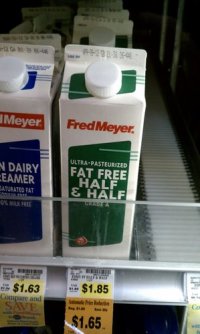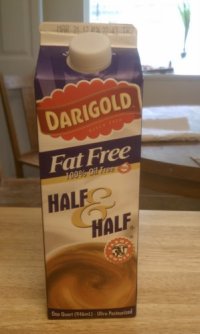MistoBox – An easier way to find your favorite coffee
 Friday, October 12, 2012 at 2:40PM
Friday, October 12, 2012 at 2:40PM  Each year, when the rains return to the Northwest, Portlanders hunker down, mug in hand, trying to stay dry while dreaming longingly about next year’s sunshine. To lessen the impact of the grayness, we medicate (er, indulge) ourselves with large quantities of coffee. Some people make their coffee at home, while others frequent their favorite café(s).
Each year, when the rains return to the Northwest, Portlanders hunker down, mug in hand, trying to stay dry while dreaming longingly about next year’s sunshine. To lessen the impact of the grayness, we medicate (er, indulge) ourselves with large quantities of coffee. Some people make their coffee at home, while others frequent their favorite café(s).
Fortunately, Portland’s variety of roasters and cafés is unsurpassed, meaning we never have to get bored drinking the same coffee over and over. In fact, we could probably drink a different coffee every day of the year without repeating ourselves.
That said, some people still want to try coffees from other cities or regions. For these coffee adventurers, the question is, where do you start looking? One place to begin your search would be the website of a new company called MistoBox. MistoBox is making it a little easier for you to sample coffees from around the country without ever leaving your city.
If you sign up with Misto Box, a “delightful” box arrives at your door at the beginning of every month, carrying four different samples of whole bean coffees from roasters around the country, from the Pacific Northwest (Portland’s Water Avenue Coffee is one) to as far away as Tennessee (for now—the company is continually adding more roasters to its lineup). The samples are small—1.5oz.-2oz., so you don’t have to worry about getting too much of a coffee that is not your favorite. If you especially enjoy one (or more) of the coffees inside the box, you can order a full-size bag of the beans from the MistoBox website. Customers earn points that can be redeemed for free coffee and other merchandise.
Samantha Meis and Connor Riley founded the company in January 2012 while they were finishing up their education at the University of Arizona. They created a Kickstarter campaign to help fund the company and once they reached their funding goal, took off like a caffeinated wildcat (pun-metaphor intended). I caught up with Samantha and asked her a few questions about the new venture (some answers have been edited for clarity).
Caffeinated PDX: Tell me a little bit about yourself and how you got interested in coffee.
Samantha Meis: I’m originally from a small city in Iowa where, as you could have guessed it, we didn’t have many options for drinking fresh roasted coffee. Actually, we didn’t have any options. My interest in coffee didn’t really start until I left for college in Tucson, Arizona. As it goes, coffee started out as a necessity for me, pulling me through some long all-nighters. Soon, I was visiting a local roasters’ shops daily, experimenting with different brewing techniques, and learning about coffee quality and evaluation. It was then I started my never-ending hunt for the perfect cup and a true addiction ensued.






